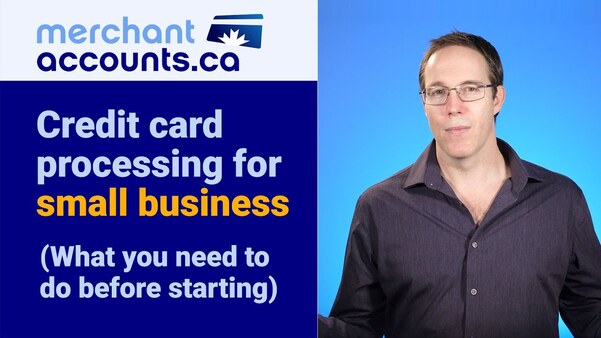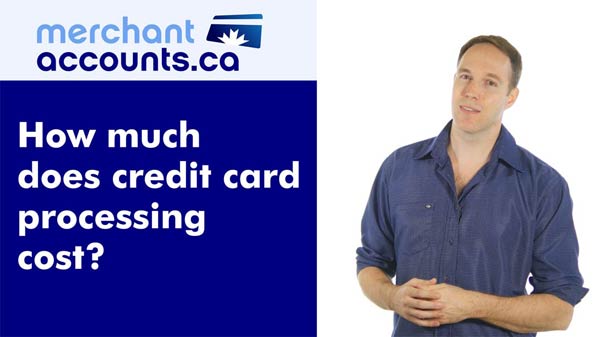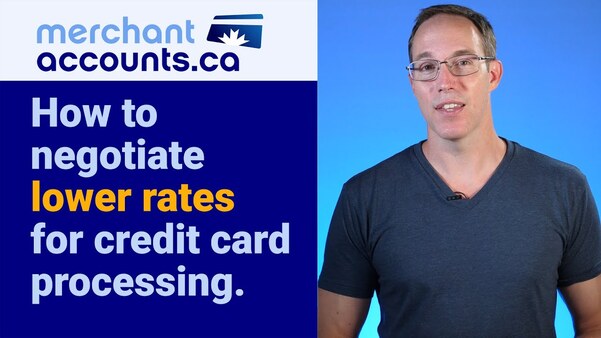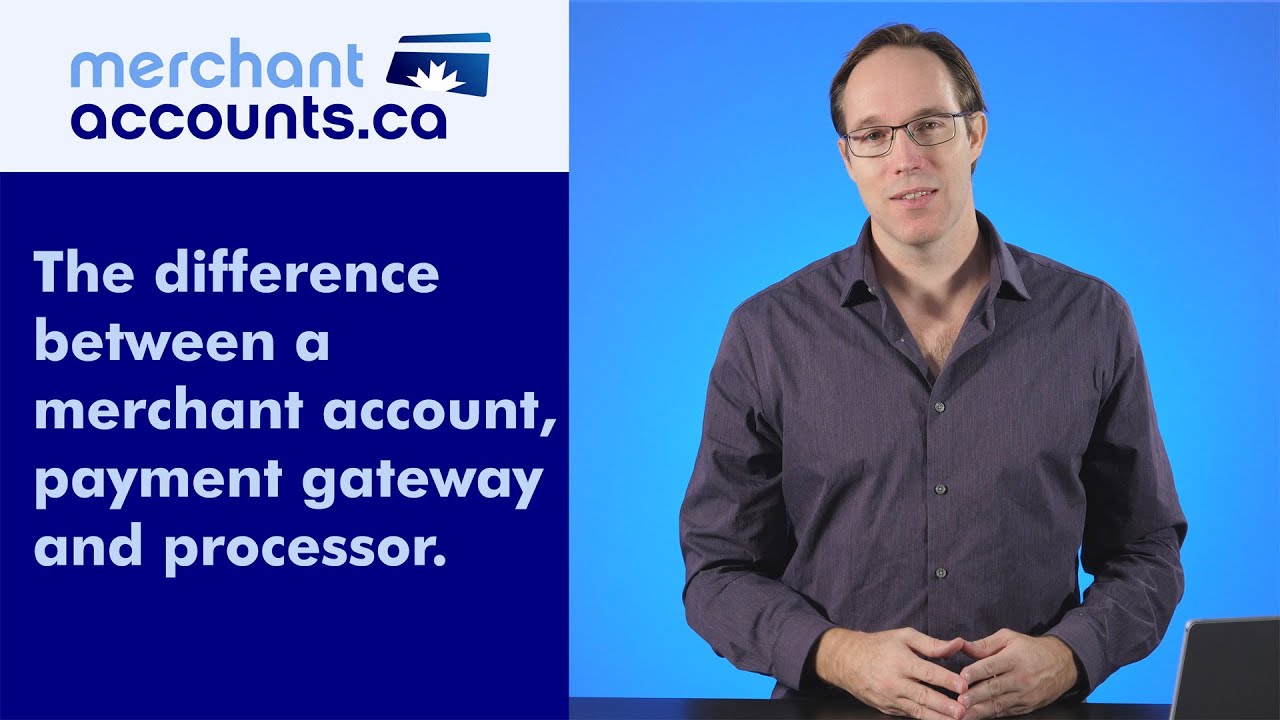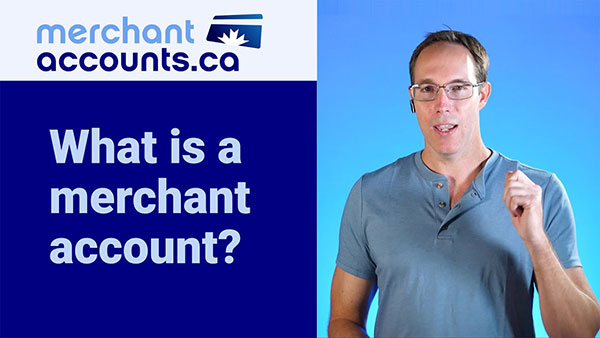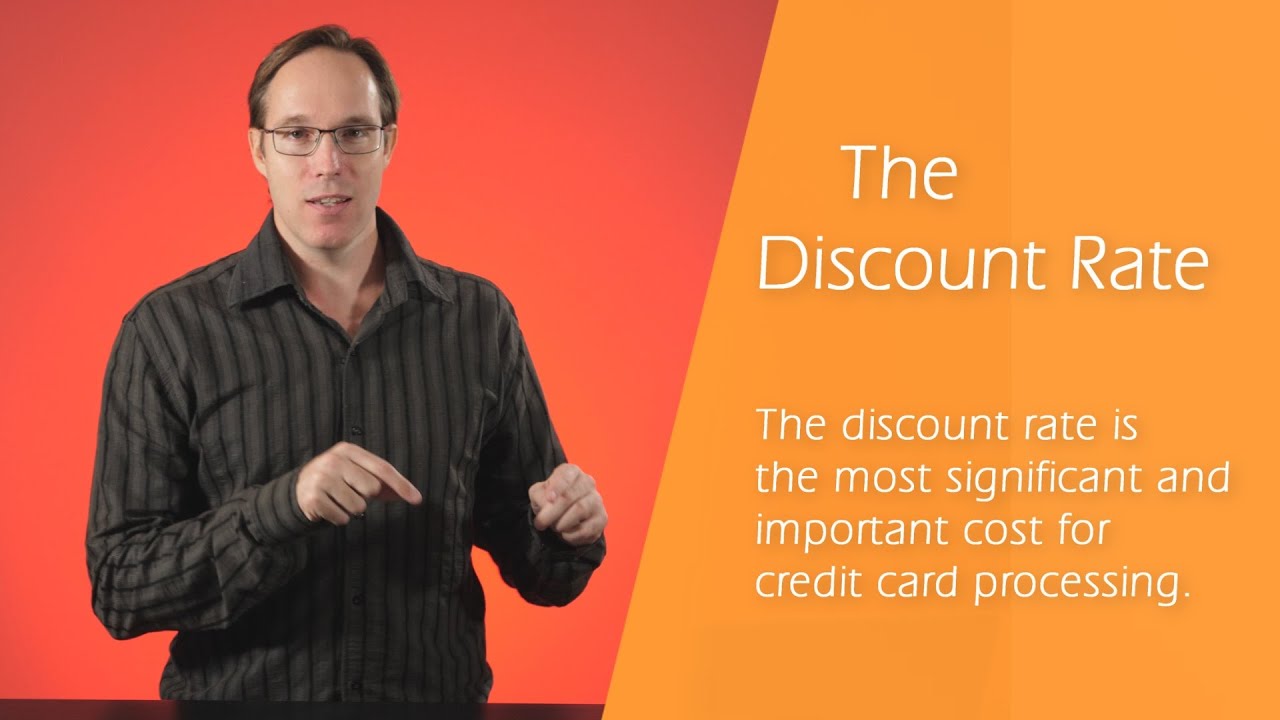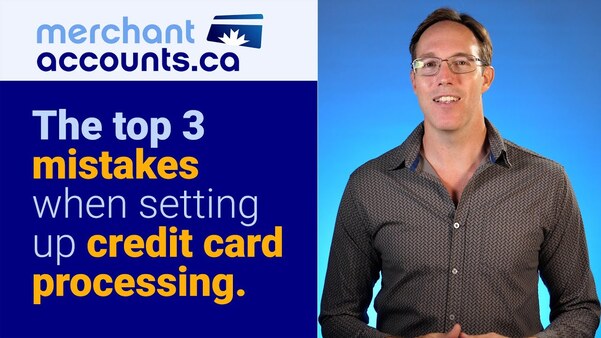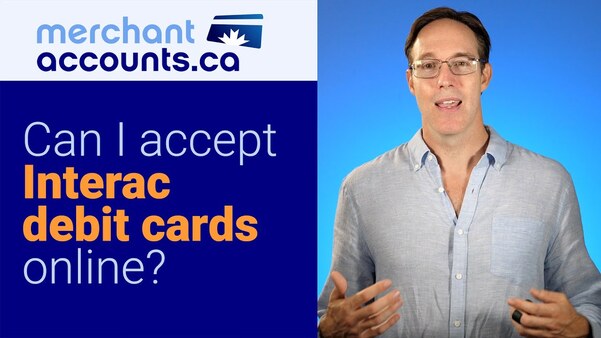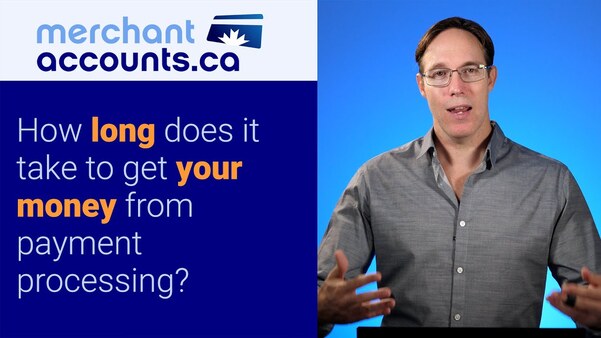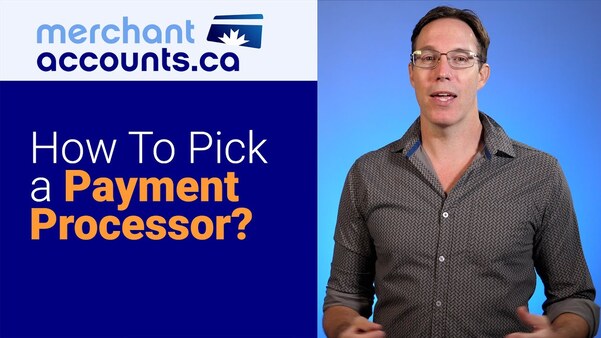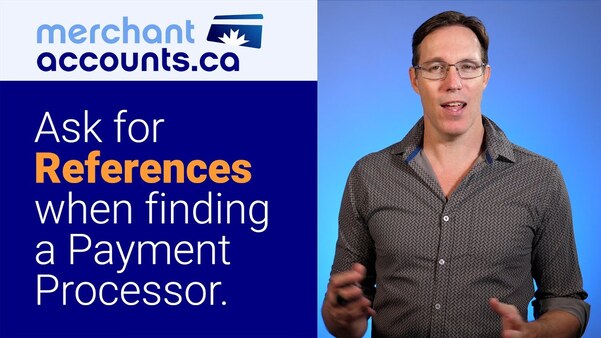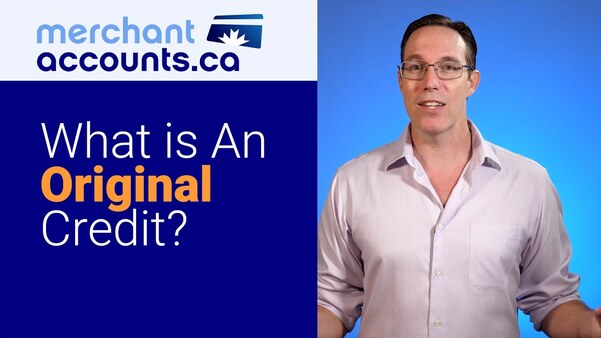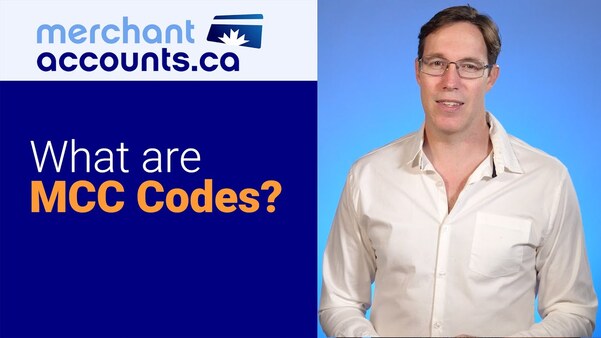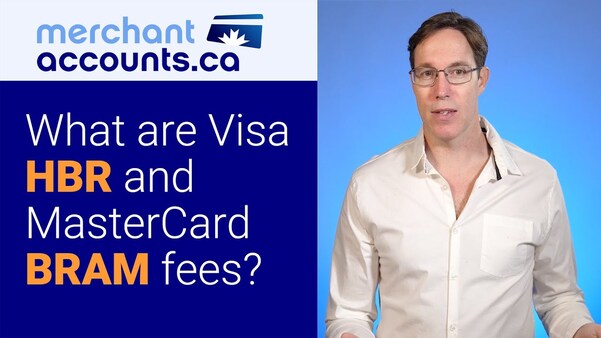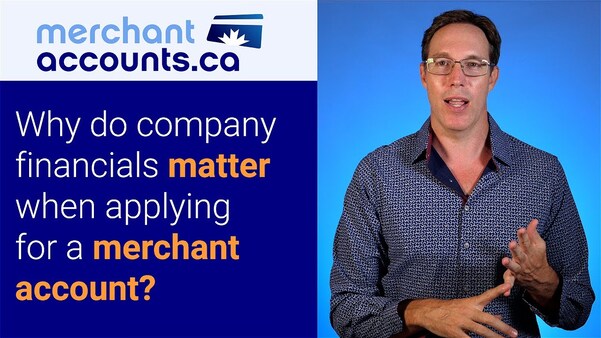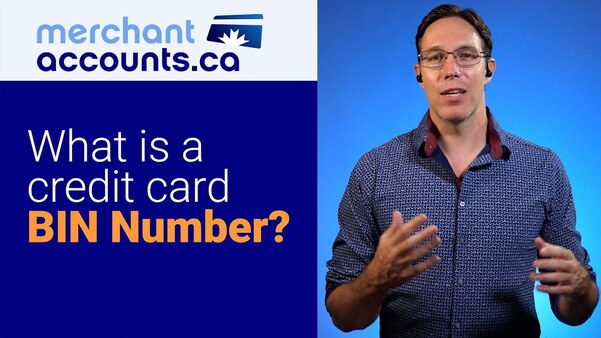May 02, 2022
by David Goodale
Why is it difficult for airlines and travel businesses to get approved for payment processing?
(Slightly edited from video transcript for greater readability)
David Goodale: 00:00
Hello, David here at Merchant-Accounts.ca. Today I am going to tackle the topic of why it's so hard for airlines and travel businesses to get credit card processing and why they have to post so much collateral to the processor to get approval and a little bit about what you can do to reduce it. Stay tuned. We'll dig in in a second.David Goodale: 00:22
It was hard even before COVID for travel businesses and airlines. So, so this would be like tour operators, cruise lines, airlines, hotels, vacation, rental properties, all of the stuff that people we're talking about. Vacation related things here. Usually, although there could be business travel and stuff, the point is people pay for something and they usually don't get it right away because most people don't travel instantly. They plan their trips. And so it means that they're paying for today for something that might not be happening for up to 90 days or six months in advance or Hey, I'm Canadian. We have not a very long summer people. I go to a cottage for the same week, every summer, and they don't want to lose that week. They will book that thing almost a year in advance by the time they leave their booking the next year.David Goodale: 01:09
This is my way of saying for travel people often pay well in advance. Well, why does that matter? It matters tremendously visa, MasterCards policy is as follows cardholders. When you pay for thing, you're going to get it. If you don't get it, you're entitled to your money back. You can do that by what's called a chargeback. That's where if I pay for something and I don't get it, I can call my bank and say, "Hey, this guy took my money, paid by my card and I never got it. I want you to charge it back". That is the core principle protection that is built into credit cards for consumers. And it's a great and tremendous benefit. And I've discussed this in multiple videos on this channel now. Well, why does that matter? First of all, if a dispute comes in and the business that took the payment no longer has the money, for example because it's gone out of business, it's failed.David Goodale: 01:59
That doesn't change anything. The card holder still has to get their money back but where does it come from? It comes from the processor. If the card holder needs their money back, but the merchant doesn't have it. The processor comes up with it. That is the risk to the processor. Now apply this concept to the idea of people who book travel well in advance. Well, if I, you know, let's say that I, you know, I have a Bluetooth with earpiece here. If I buy this online, this is going to be at my house within three days, borrowing a snowstorm or something that stops it. I'm going to get it really quickly and I'm going to plug it into my phone, turn it on. I'm going to know if I like it. And if I'm not going to like it, I'm going to dispute it pretty darn quickly. By the time a week has gone by, you basically know whether there's going to be a dispute on that transaction or not now take an airline.David Goodale: 02:46
If I book a trip for, 90 days out, that means there is 90 days that exist in which something could happen in which an airline could fail bringing COVID into the concept right now of the, of this discussion COVID was very hard on travel businesses. So payment processors were very worried, Hey, we don't want to be left holding the bag. If these travel companies go out of business. So in the case of like, an airline or a cruise line where people are booking way in advance, the more money that you process and the further that you process in advance are both bad things. From a risk perspective to the bank, maybe not to your business, but to the bank. They're like, Hey, this is more money. So we're more worried. And this is way in advance. If let's say that you could book an airline ticket 10 years in advance, you can't, but let's say that you could what can go wrong in 10 years is a lot.David Goodale: 03:39
I'm only saying that to illustrate the point. So let's start talking now, because I think I've explained what the problem is. Let's start talking about what you can do about it. And there's a couple things. There are basically changes you can make to your business policies to reduce the exposure to the bank or the credit card processor. Now, in some cases you don't want to do this. I'm going to flip over to, to Villa rentals for a second here. If you have a Villa rental business, maybe you like taking 50% of the money at the time of the booking and 50%, 60 days before arrival. And that might make the bank feel like, Hey, this is a lot of charge back risk because they're taking a huge amount of money up front. And a lot of time is passing. So I would say to the client, Hey, could you reduce the amount of upfront money that you collect?David Goodale: 04:24
Like, are you doing it because you need that cash? Or are you doing it because you just decided that's how, how much you're going to collect upfront. Because if you reduce the amount that you collect upfront, you're lowering the chargeback risk to the bank. They will perceived the account as less risky. You improve your chance of approval. And you also lower the amount of security that the bank may ask for in order to approve your account. Another thing that you might consider doing is collecting your balance payment closer to arrival. The closer you can squeeze it down. The lower the risk is to the bank, but the higher the risk is to you as a business owner. So don't do anything that you don't want to do. But I am saying where you don't care, where it's not detrimental to your business, then make a change that will be beneficial to improving your chance of being approved for the application.David Goodale: 05:18
That was one of two things that I can think of that will help you. The other is talk about the strength of your business. If you have a very solid business track record, or management or people that bring tremendous credibility to the project, tell your story to the banker processor. They should care if they don't care, it means they're not paying attention. It means they wouldn't have been a good person to work with, it almost is like stopping a problem from occurring in the first place. So where you have like either you're really profitable, or you have lots of money in the bank, or you have correlated businesses that could guarantee the performance of the new travel business, tell your story and make sure that the processor is listening. They should care who you are. They should care why you're credible. They should care because it lowers their risk.David Goodale: 06:09
And that's how, you know, you're working with a good payment processor where you don't get that interaction where you get a dismissive decline or the people don't seem to care. That's exactly a sign of most likely a payment processor that you don't want to work with. That is why airlines, cruise lines, travel companies often have a hard time getting approval harder than ever during COVID. If you work in these industries, we do a lot of work like this at Merchant-Accounts.caI work with quite a number of travel business. I've been doing it for many years. If you have any questions, reach out to us Merchant-Accounts.ca, we'll see if we can help. And otherwise, I hope this video is helpful and you can, you can even use some of these tips here. If you have an existing payment processor and you feel your collaterals too high to go back and try and make a compelling case, Hey, you need to start releasing more money to me because you're not paying attention to who we are as a business. And if they are dismissive of your concern, you should look for another processor. I hope this was helpful. And I want to thank you for watching. Have a good day there.Related Topics
January 06, 2023
David talks about the most important things for small businesses to keep in mind when setting up credit card processing. This includes staying away from long term contracts, avoiding cancellation fees, putting your best foot forward for approval, getting lower rates, having automatic rate reductions built into your agreement, and addressing technical concerns so everything works smoothly upon launch.
July 11, 2019
In the latest episode of our merchant education series we tackle the seemingly simple topic of costs. In addition to exploring the discount rate and interchange costs, we outline and provide some metrics for the actual rate you should be willing to pay for your business.
March 29, 2023
Why do some businesses get lower credit card processing costs than others? In this video David explores the criteria that cause some businesses to get lower rates than others and techniques that you can use to reduce your processing costs.
May 31, 2021
If you've ever been confused by the difference between a merchant account, a payment gateway and processor you are not alone. In this discussion we break down the role each of those elements play, and how they affect your overall processing costs.
March 29, 2023
In order to accept credit card payments a business needs a merchant account. In this article we explain what a merchant account is, how to get one for your business, and the costs involved.
April 07, 2021
There is a lot of confusion when it comes to pricing in the payments industry. The most important cost of all is the discount rate. Learn what the discount rate is and why it's the most important and significant cost when processing credit card transactions.
July 07, 2023
Making the wrong choice can be costly when choosing a payment processor. David explores 3 of the most common mistakes so you can avoid them when choosing your credit card processor.
August 04, 2023
The debit system in Canada is called Interac. It's totally different from Visa or MasterCard so it works in its own unique way when it comes to making purchases online.
September 04, 2023
If you've not accepted credit cards previously you may wonder how long it takes to get your money. In this video David explores the most popular funding schedules for e-commerce and brick-and-mortar merchants.
June 07, 2024
How to pick a good credit card processor for your business. David gives advice so you can ask the right questions, avoid mistakes, and figure out which payment processors have the potential to be a good solution for your business.
June 17, 2024
When you work with a payment processor it becomes a long-term partnership. It requires a deep integration if you're doing e-commerce payments, and will have a long-term cost impact on your business. Outages are problems along the way can cause a major issue. In this video David explains when and how to look for references when searching for a payment processor for your business.
June 28, 2024
An original credit transaction is where a merchant sends money (gives money) to a cardholder. It's a unique service, but merchants should be very careful when using it.
September 23, 2024
MCC stands for Merchant Classification Category. Every type of business that accepts Visa or Mastercard has a MCC code associated with their business. David explains why the MCC code used for your business can impact the approval rate for your transactions (the wrong MCC code can result in more declined transactions), as well as the costs that you pay when opening your merchant account.
September 30, 2024
Certain types of businesses are more difficult to administrate from a payment processing perspective than others. In this video David explains what Visa HBR and Mastercard BRAM fees are, how much they cost, and why they apply to some businesses but not others.
March 13, 2025
Most credit card processors will ask for a copy of the most recent balance sheet and profit and loss statement when you apply to get a merchant account. David explains why payment processors care about company financials, how it can impact your application, and what you can do if the financials for your company are not as good as you'd like.
August 06, 2025
A BIN number, which stands for Bank Identification Number, is made up of the first 6 digits of a credit card number. These first few digits of the credit card contain information about the card such as which bank issued it, and the country it was issued from. David explains what you should know about credit card BIN numbers, and also how they can be an effective in spotting fraud.
Need professional guidance?
Contact us for a free one hour consultation.
Can I Help Lower Your Processing Fees?
If you found this content helpful, will you give me the opportunity to quote on your business?
View Rates


